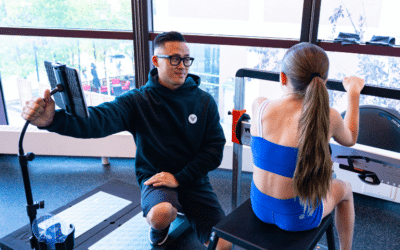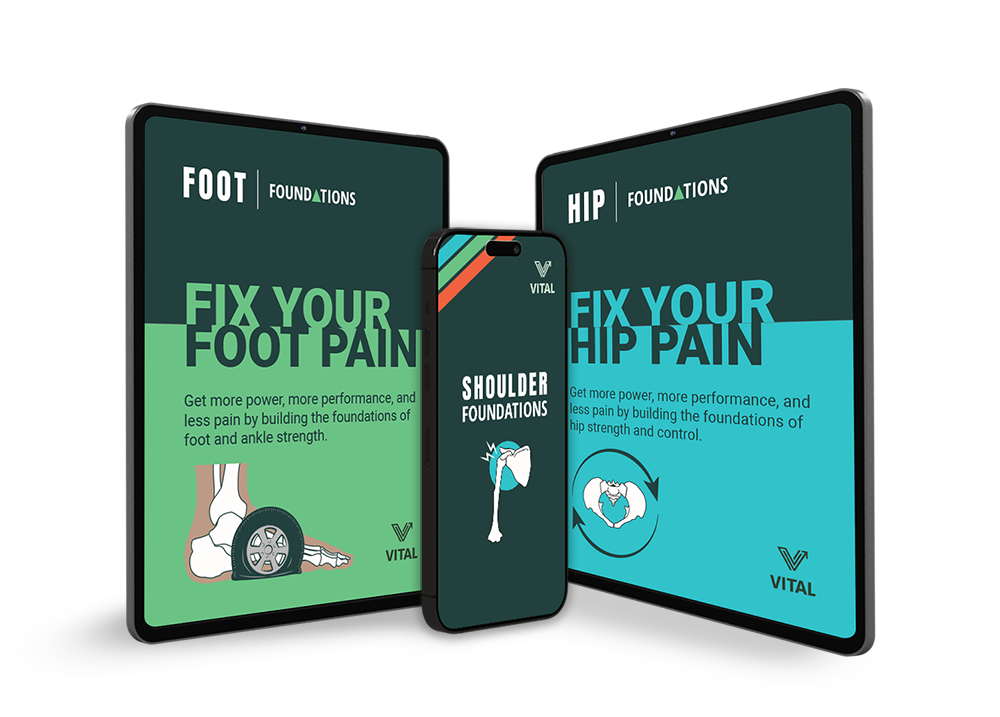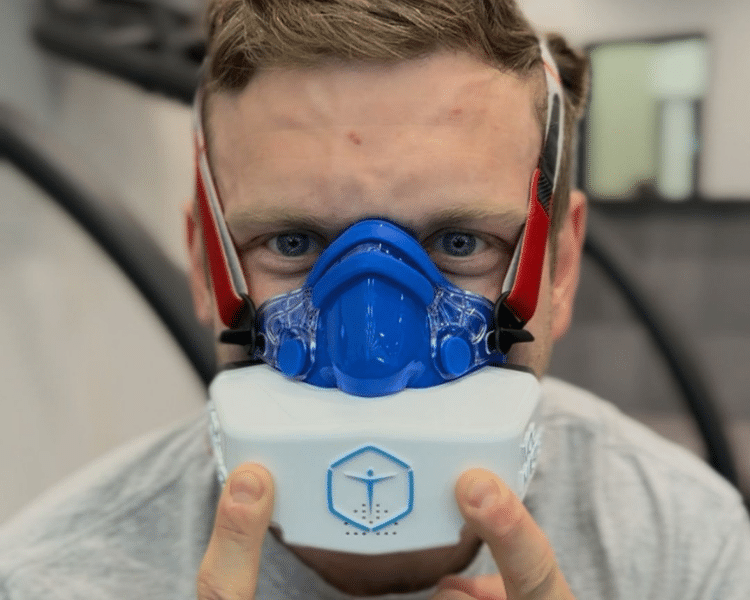We’re thrilled to announce that The Conditioning Workshop has been officially accredited by the Canadian Society for Exercise Physiology (CSEP) – earning 20 Professional Development Credits (PDCs) for attendees!!
This recognition means that your time spent learning and collaborating at the workshop doesn’t just make you a better practitioner – it now counts toward maintaining your professional certification. Whether you’re a therapist, strength coach, or exercise physiologist, this event bridges the gap between clinical rehabilitation and performance training with the practical science that drives results.
What the workshop actually covers
1) Gait mechanics – running, cycling, skating
Day 1 of the workshop dives deep into running gait mechanics – how athletes produce and absorb force, and what “efficient” movement really looks like beyond what you see on video. We break down the key phases of gait, explain why linear gait isn’t really linear, and help participants develop a critical assessment eye through this lens of gait as rotational (without the confusing jargon of other gait courses).
You’ll learn how gait (not just in running, but also exploring cycling and skating locomotion) informs conditioning decisions: when asymmetries matter, how stride characteristics influence energy cost, and how to adjust programming to reduce injury risk without compromising performance. It’s a practical mix of biomechanics, movement observation, and real examples from endurance, field, and court sport athletes.
2) Conditioning models: when and why
We compare real-world training intensity distributions (e.g., polarized, pyramidal, threshold, HVLIT/HILVT, and “flat” approaches) and show where each model makes sense across a season, how to blend them, and how to avoid the “80/20 only” trap.
We will review principles of exercise physiology, energy metabolism, and offer practical perspectives on how to apply these to a full year’s periodization for sport. Anaerobic metabolism? Prepare for your thoughts around this topic to be turned on it’s head. It may change the way you program forever.
3) From needs analysis to prescription
This course is also about how to move from sport/role demands and athlete constraints to clear conditioning targets, session types, and weekly structures. You’ll walk through decision trees for progression, deloading, and tapering – simple rules that keep plans individualized without becoming chaotic. It will feel like you’re taking a Master’s in Exercise Prescription all over again.
4) Progressing the “engine” without breaking the athlete
We will teach you about load management that respects tissues and the autonomic nervous system. We dig into work:rest choices, density, and repeatability, plus what to change first when fatigue shows up. We will dive deep into what’s wrong with conventional models of “engine” building in athletes and individuals.
5) Rehab ↔ Performance integration
New to this year’s workshop is our deep dive into return-to-running/return-to-play frameworks, rehabbing common running injuries of the hip & hamstring, knee, and calf and ankle, along with how to sequence conditioning alongside strength, plyometrics, and skill work. This is where collaboration turns into results.
6) Cutting, Agility, and Change of Direction
Also new to this year’s workshop is a whole component on how to coach cutting, agility, and change of direction abilities. While linear running, acceleration, and max velocity are important to understand in a coaching toolbox, field-based athletes require more. Take away exercise progressions, know what to look for and how to cue these movements better, and learn from a mix of practical and research-based insights.
Who It’s For
The workshop is designed for rehab professionals, kinesiologists, personal trainers, and coaches who want to elevate how they assess, prescribe, and progress their clients or athletes.
What You’ll Take Away
You’ll leave with systems, practical tools, and case-based frameworks that you can use immediately. You’ll also join a growing network of professionals across disciplines who share a commitment to evidence-based practice and collaborative care.
It’s the kind of continuing education that feels less like a lecture and more like an energizing exchange of ideas – the kind that keeps you curious about your craft.
This year’s event runs March 2026 in Calgary, Alberta – and with CSEP accreditation now official, it’s the perfect time to join us. Reserve your spot HERE. Payment plans available.







